New drug detection device Border Force is using to find shipping containers full of illicit drugs
This is the game-changing new technology that can find the smell of illicit drugs and has worked in a massive global anti-smuggling operation. See how it works.
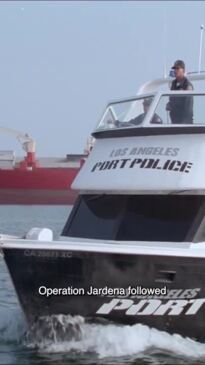
Behind the Scenes
Don't miss out on the headlines from Behind the Scenes. Followed categories will be added to My News.
Exclusive: A device that can detect the smell of illicit drugs has been successfully trialled in a massive global anti-smuggling operation and could prove a game-changer for border agencies.
The “smell cell technology” was one of a series of innovations put to the test by the shipping industry after they were called in to partner with the Australian Border Force on Operation Tin Can, a two-month transnational crackdown that seized almost 100 tonnes of cocaine.
Border Force inspector Vanessa Ruff said the device mirrored the ability of sniffer dogs to discover drugs in legal shipments.
It was used to identify the scent of cocaine in a shipping container full of cassava.
The joint operation – which was also led by the World Customs Organisation – involved 58 countries and made 43 arrests and more than 100 drug seizures.
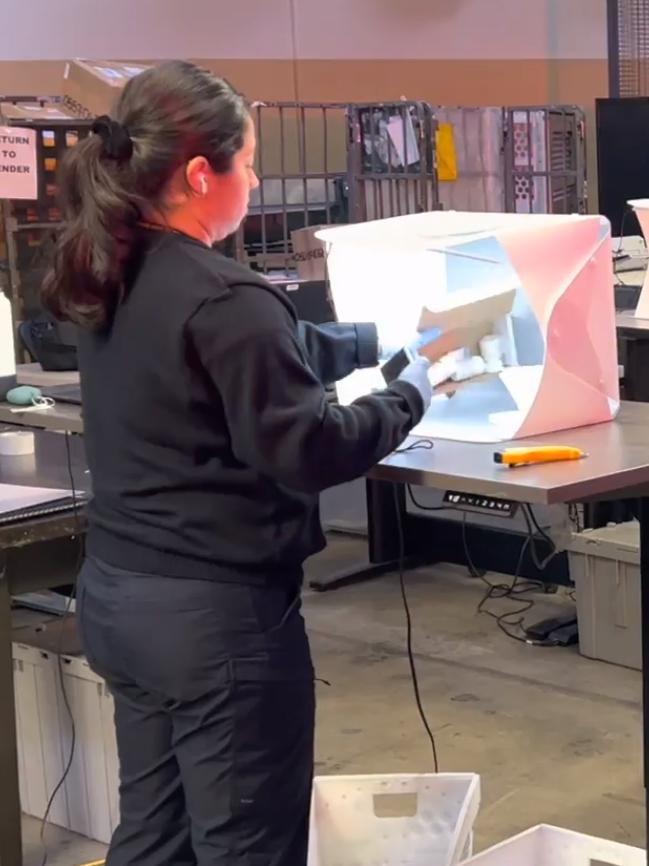
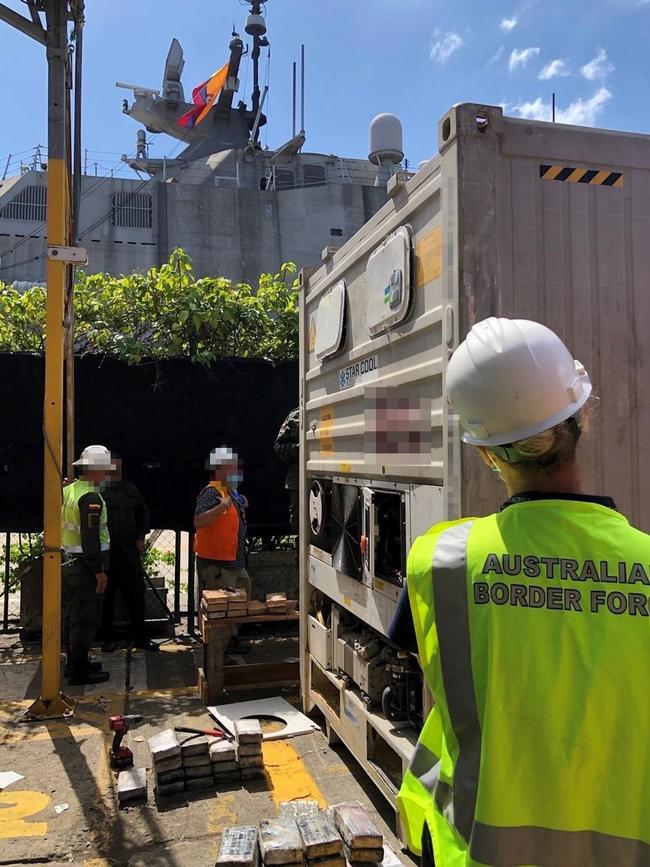
Ms Ruff said Border Force’s decision to partner with industry for the first time during an active investigation also gave them access to real-time information from GPS trackers and temperature sensors installed in refrigerated shipping containers.
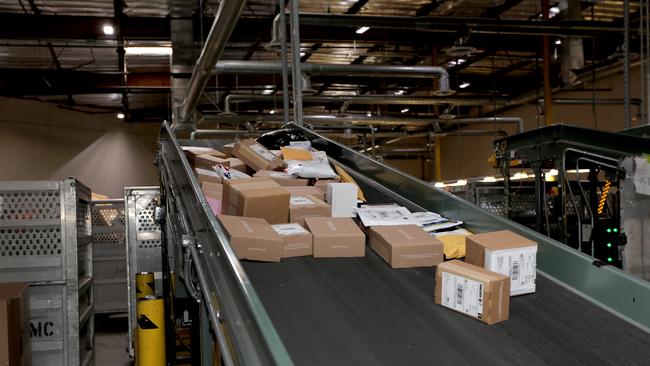
The sensors set off alerts if the temperature was altered by a container door being opened by organised crime gangs using the “rip-on/rip-off” method to throw bags of drugs in legal shipments.
WATCH BELOW AND SEE HOW ‘A RIP’ WORKS
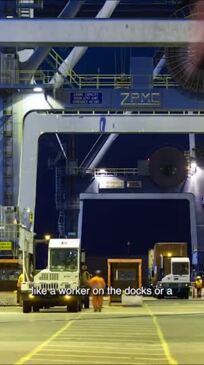
Border Force then shared that information with customs agencies around the world.
“You can’t do it without industry,” Ms Ruff said.
“They’ve been exceptional at sharing their information with us … It was something that hadn’t been done before.”
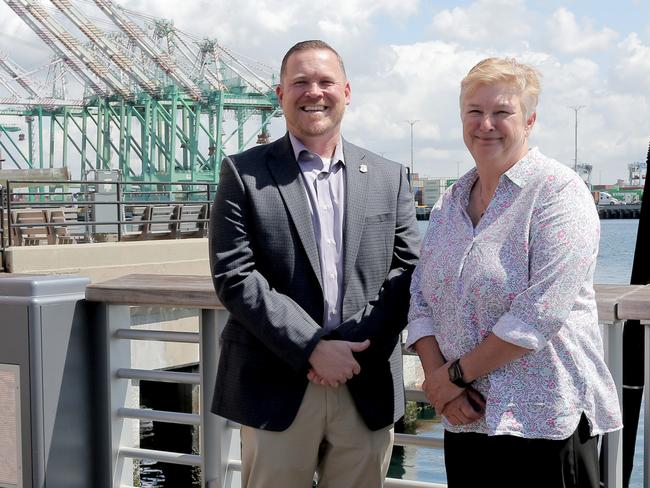
US Homeland Security Investigations supervisory special agent Russell Simons agreed, saying authorities were developing new techniques to crack down on illicit activity without putting a handbrake on legitimate trade.
He said this was especially important as the pandemic’s limitations on trade began to ease.
“Once the supply chains started getting back into swing, we have seen a huge amount of drugs transiting our shores – it’s going worldwide,” Mr Simons said.
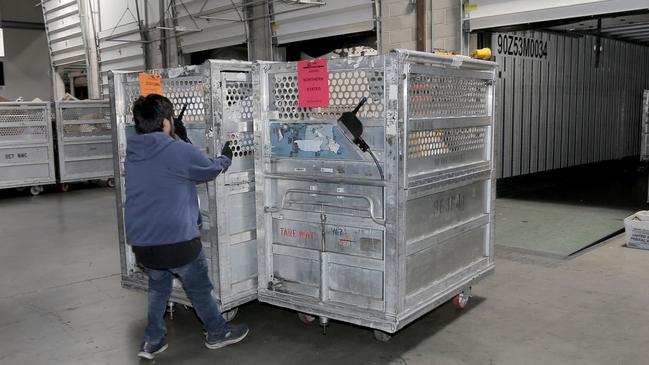
“We don’t want to impact commerce because that slows down the supply chain, it raises prices for consumers. But we still have a job to do so we have to be very efficient in our targeting.”
Ms Ruff said her posting enabled Border Force to learn from investigative techniques used by American agencies, as they also sought to copy Australian measures such as new laws introduced last year to restrict access to aviation and maritime security identification cards.
Under the Australian changes, people suspected of assisting crime gangs can be locked out of supply chain jobs based on criminal intelligence assessments, rather than authorities requiring a conviction to reject them for a security card.
Ms Ruff said it was a constant challenge to keep on top of new tricks employed to move drugs.
“To the syndicates, it’s a business. They’ll change their methods when we find one method and where it’s coming from,” she said.
Send your story tips to crimeinvestigations@news.com.au or tom.minear@news.com.au





